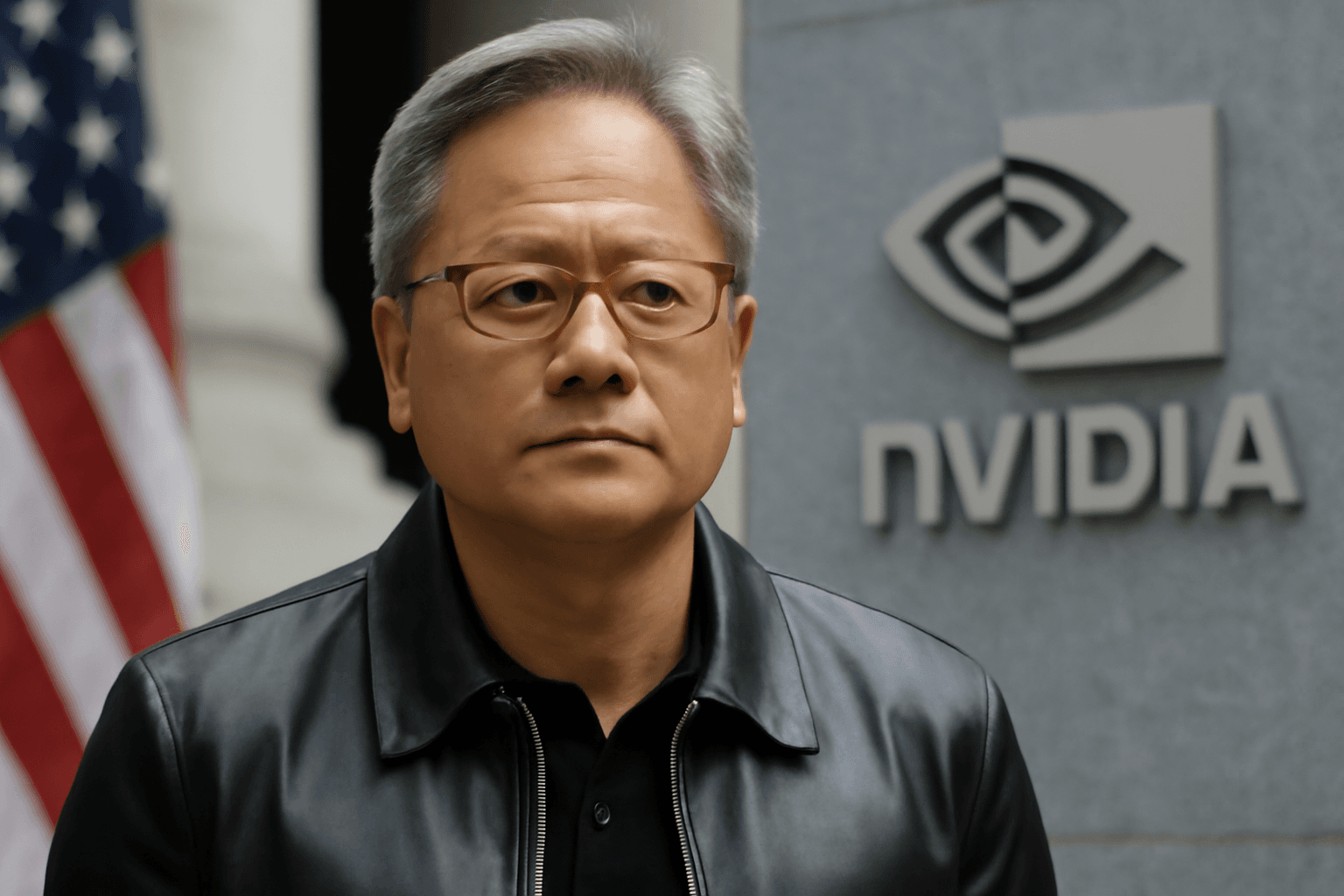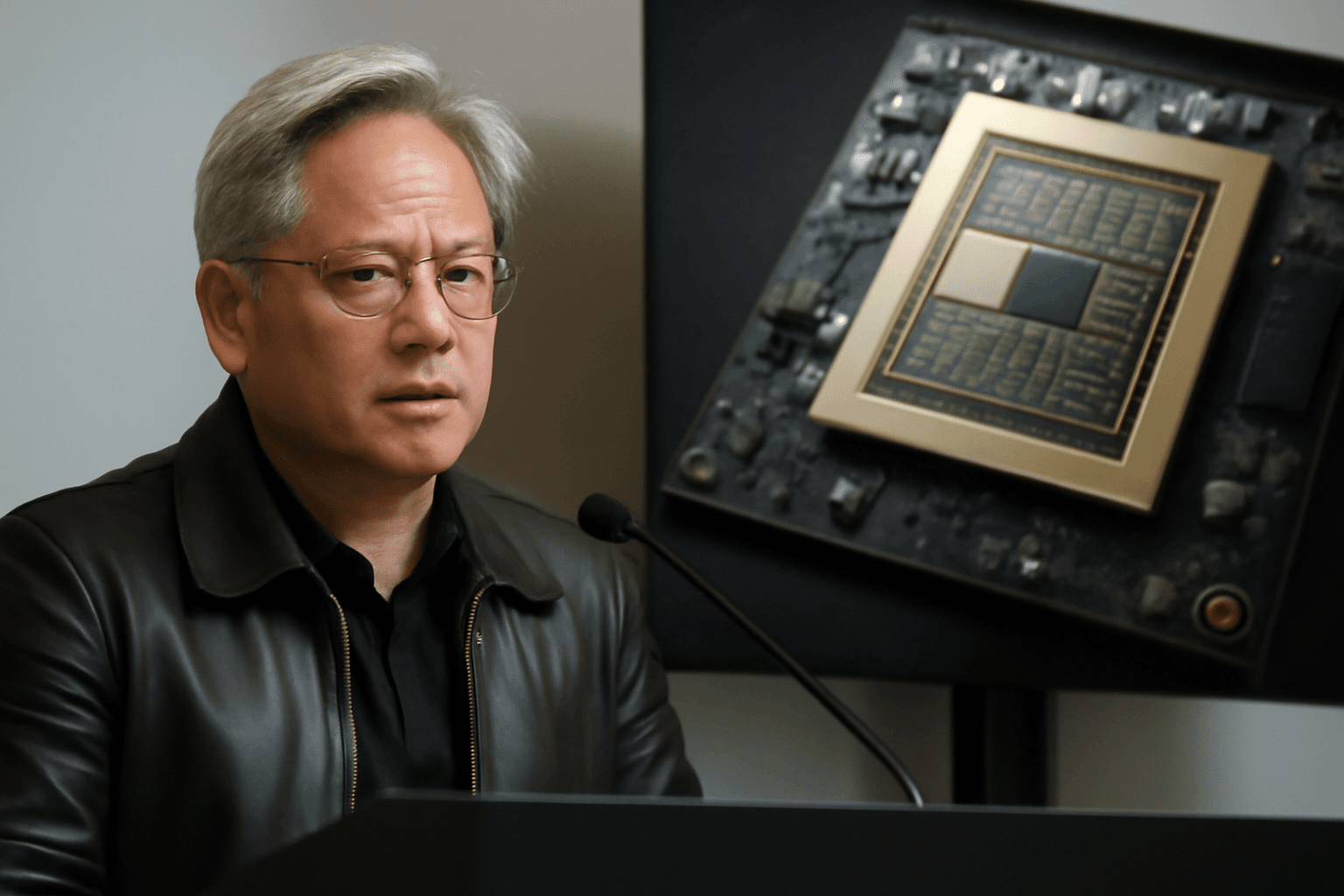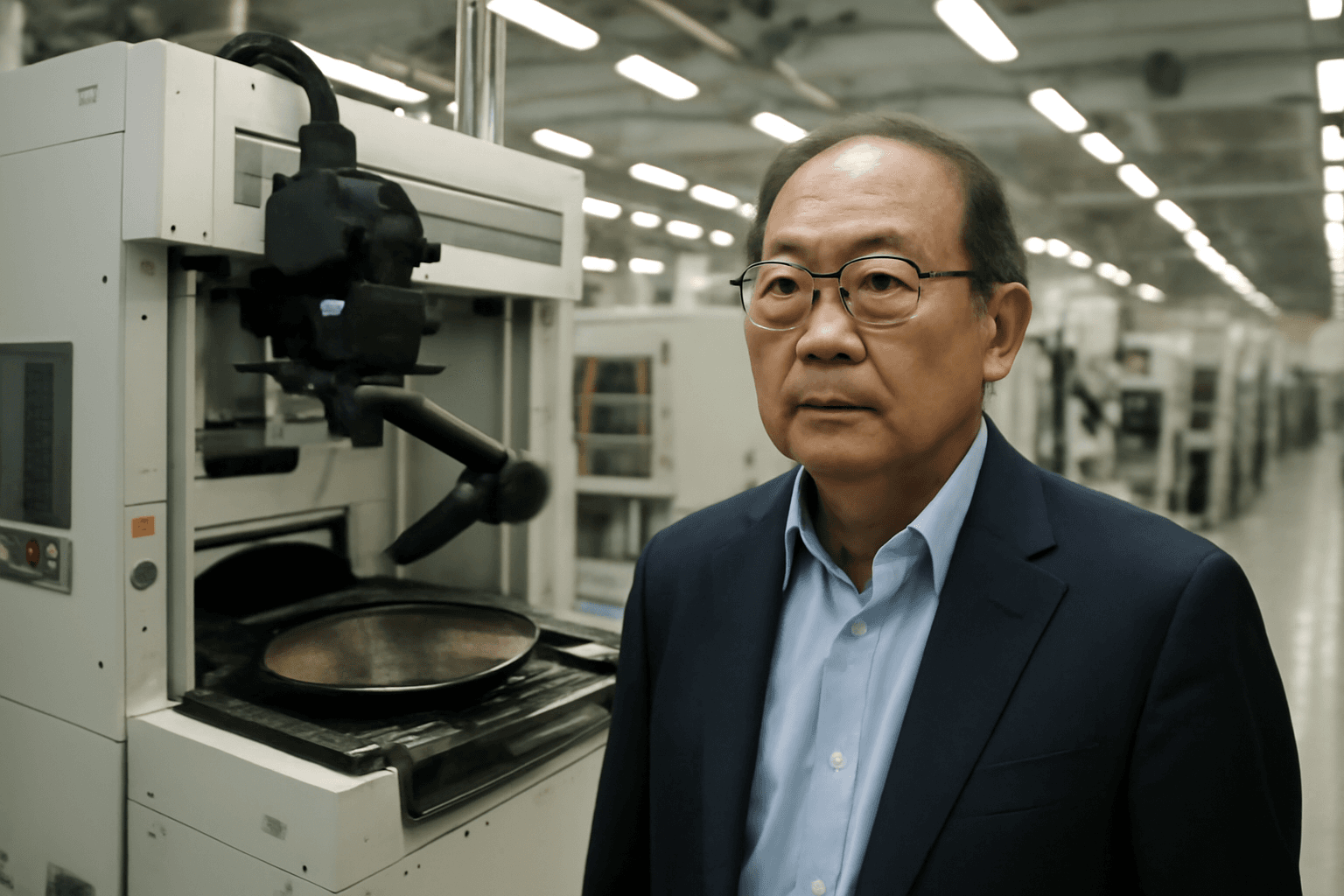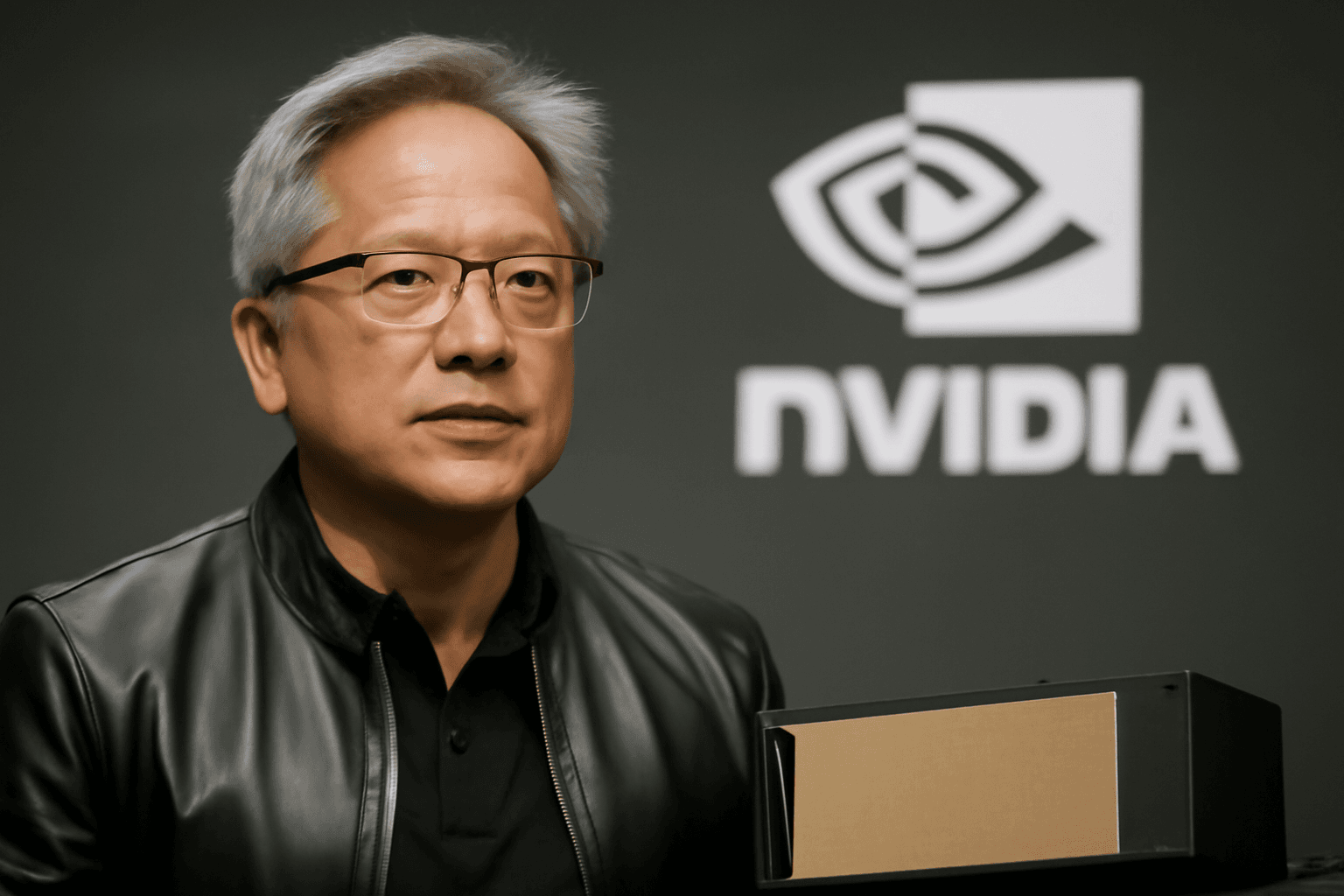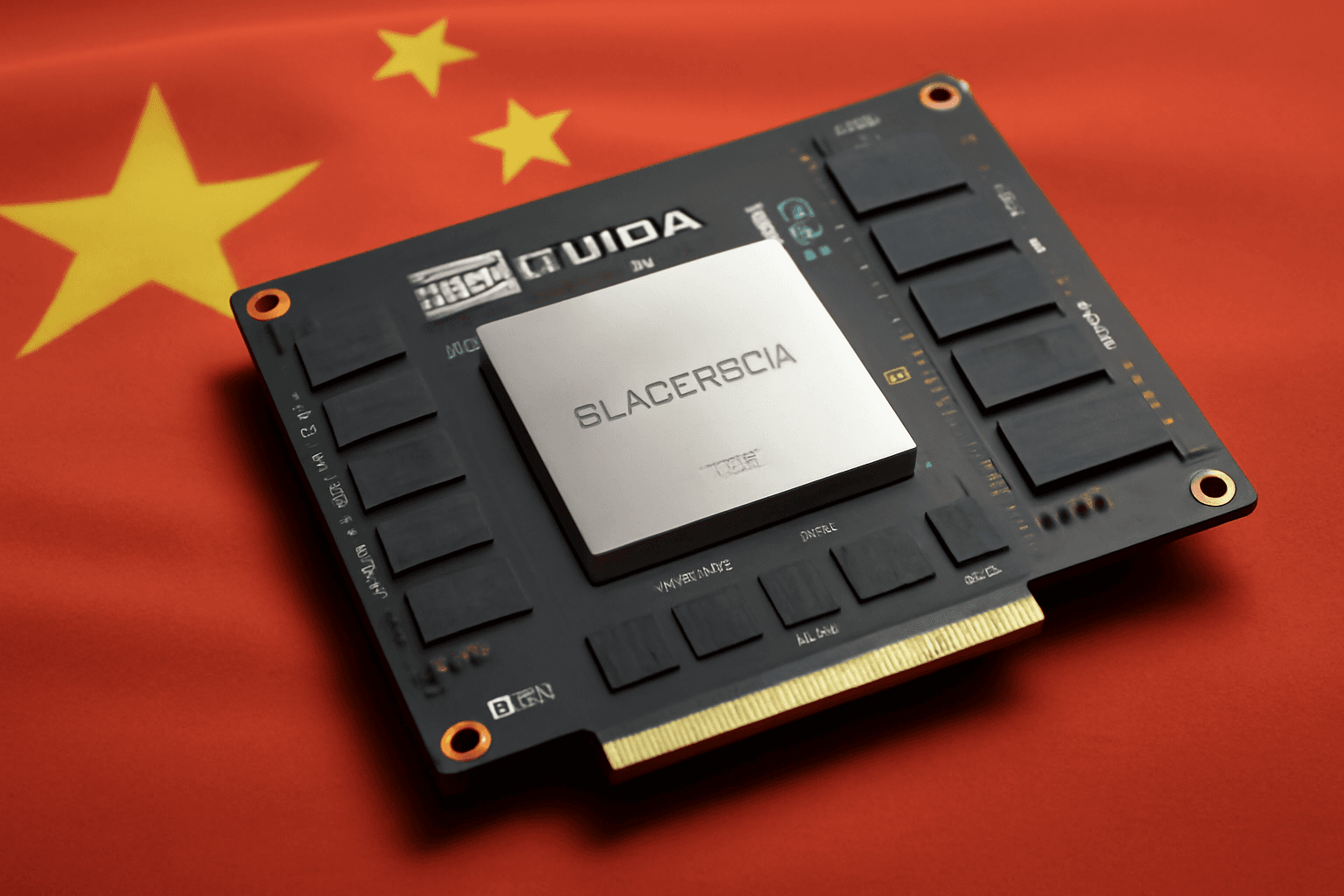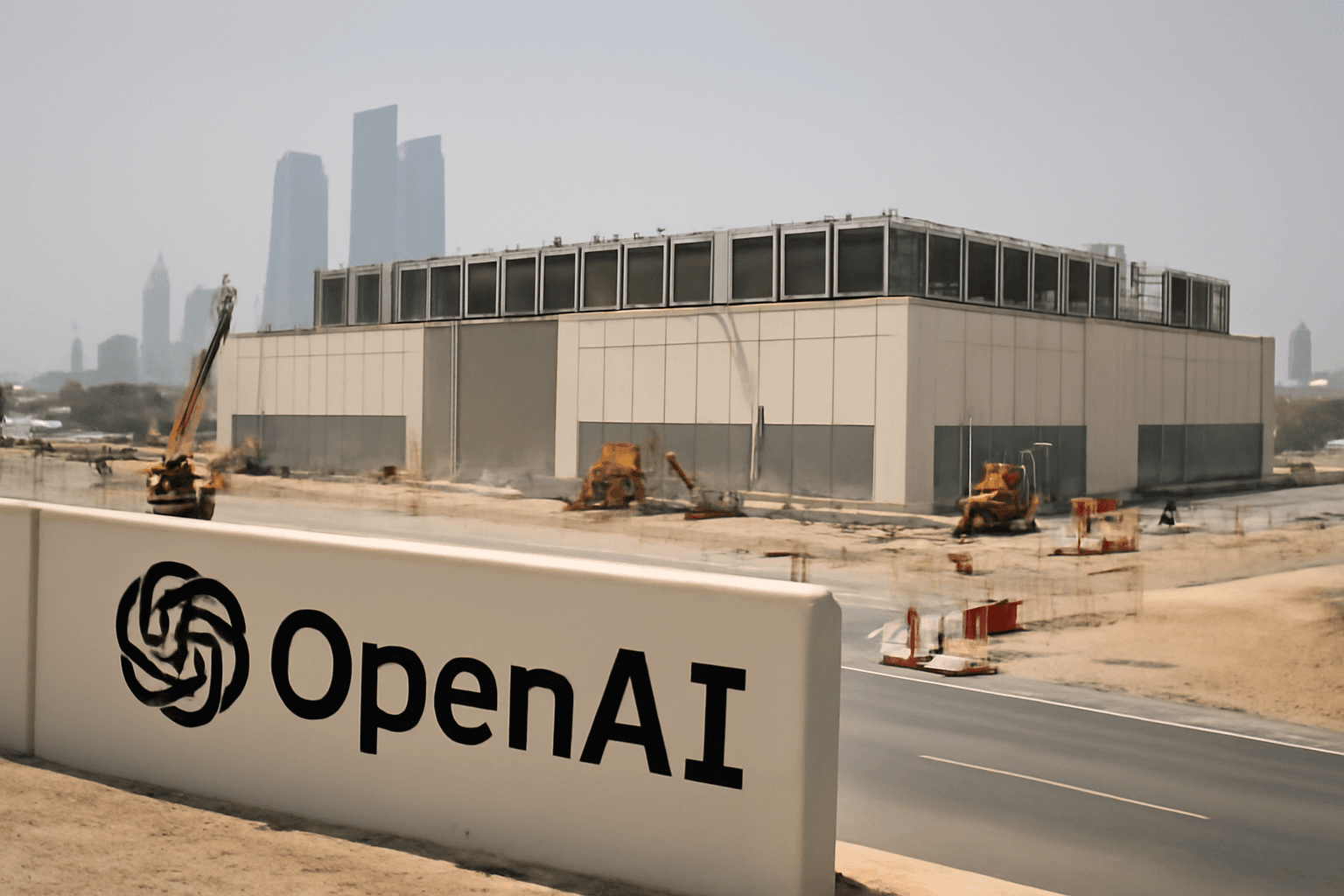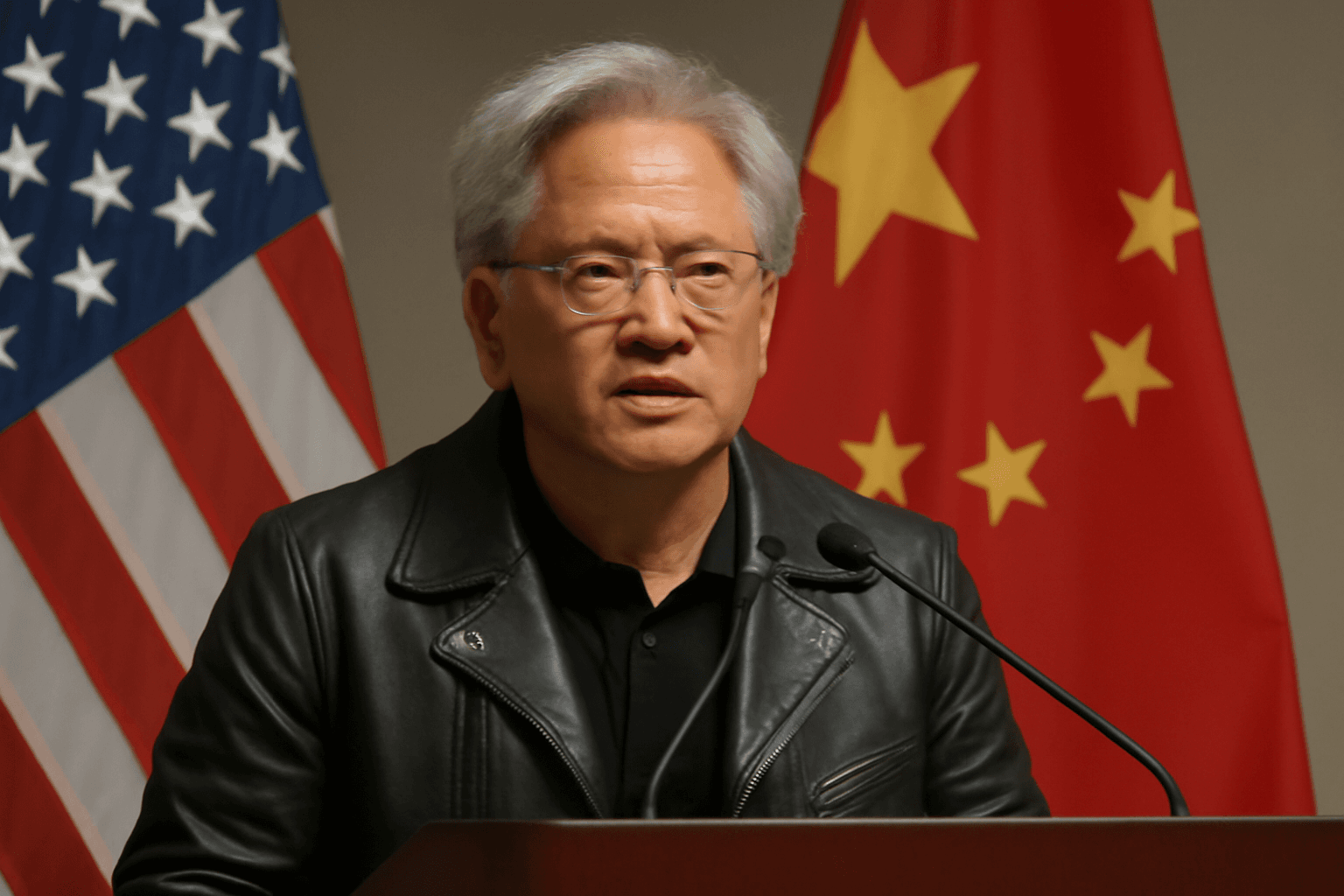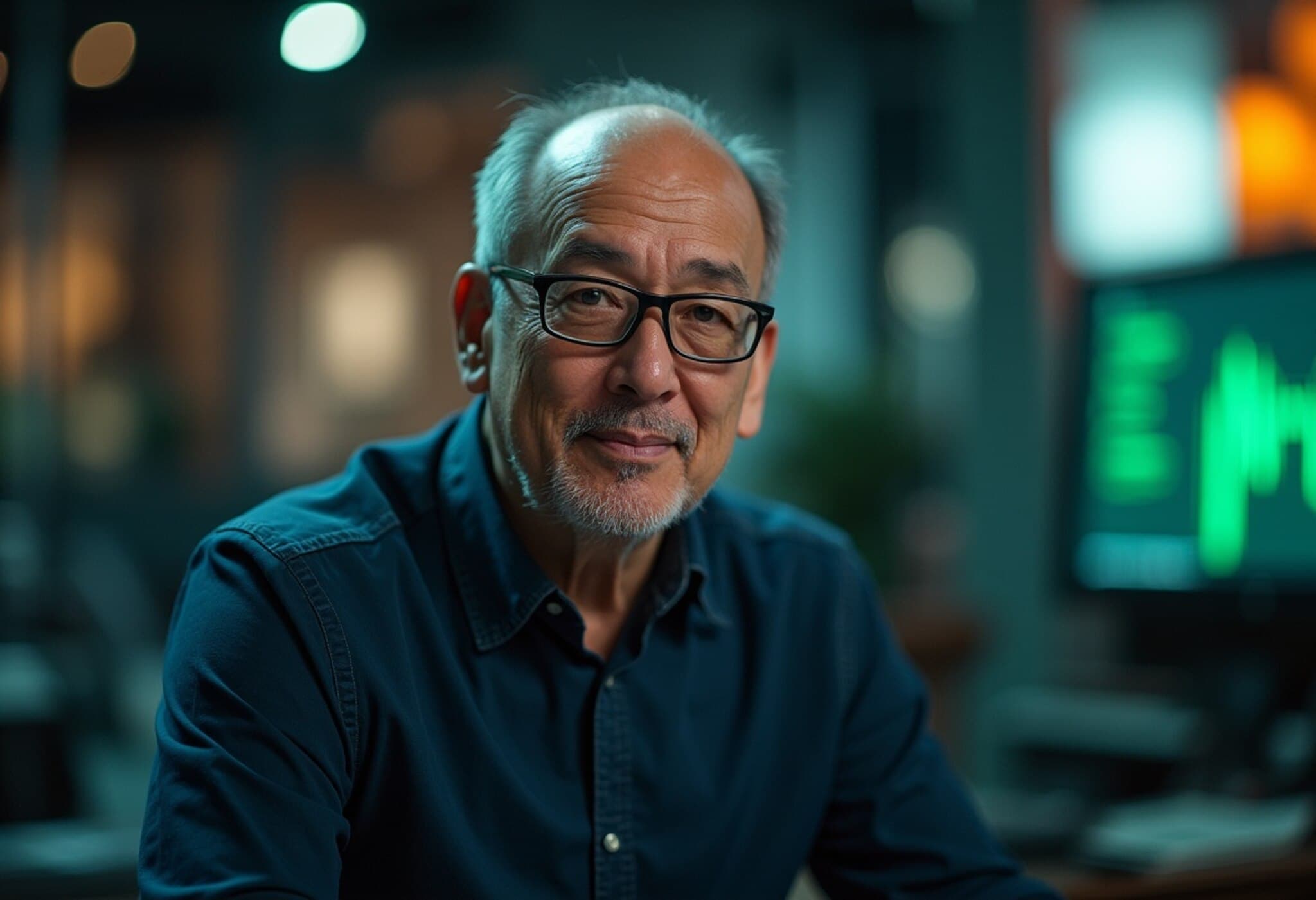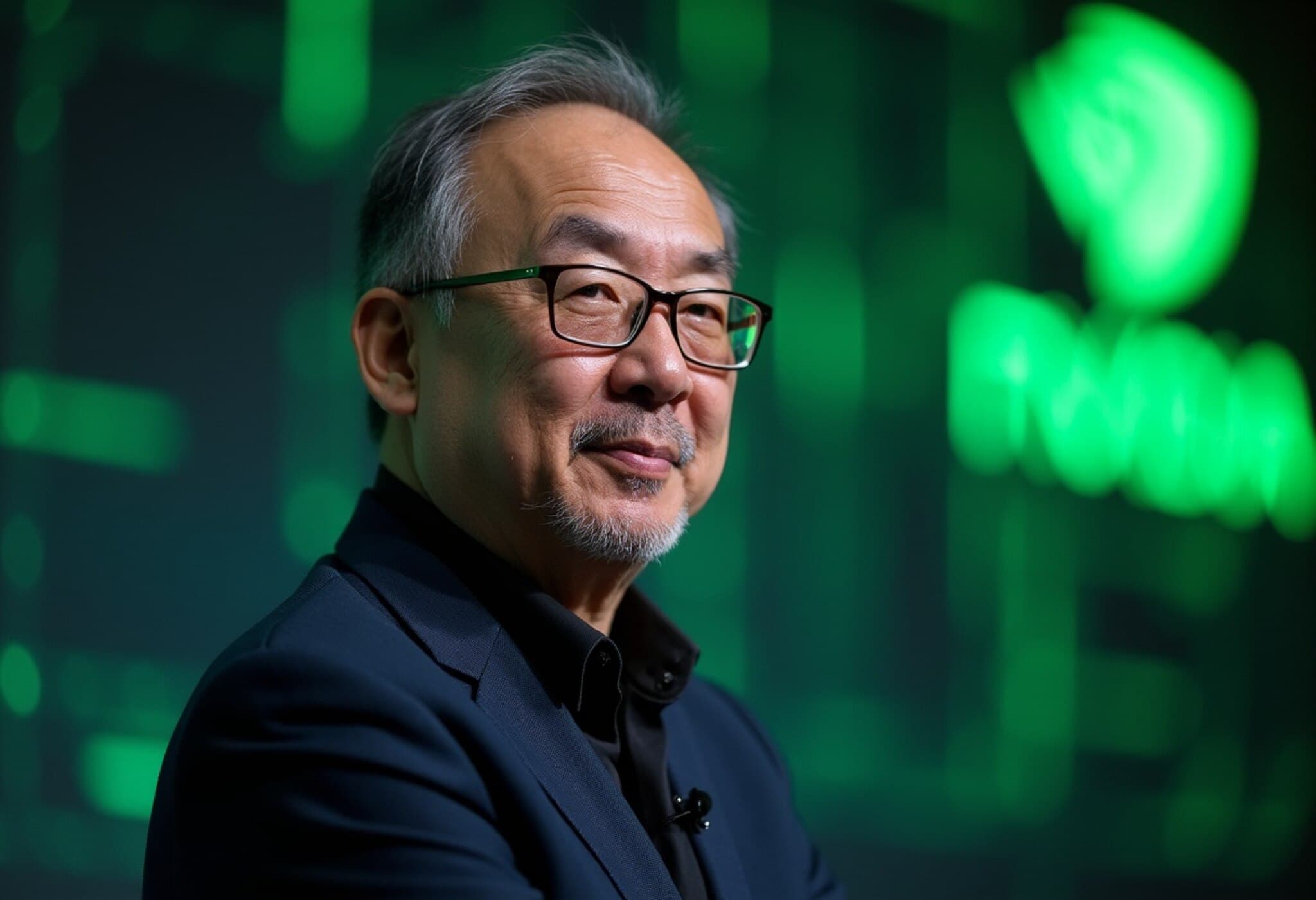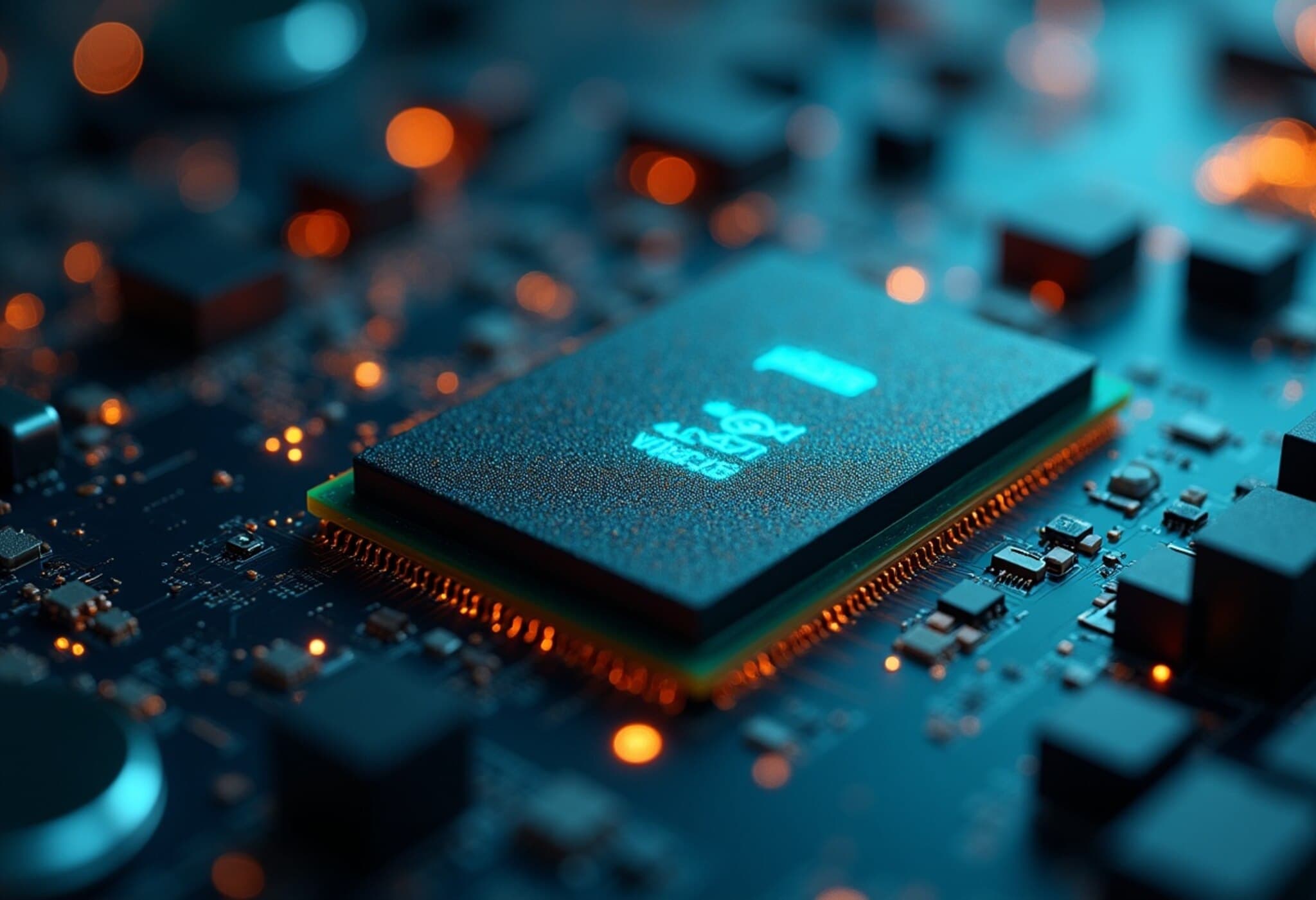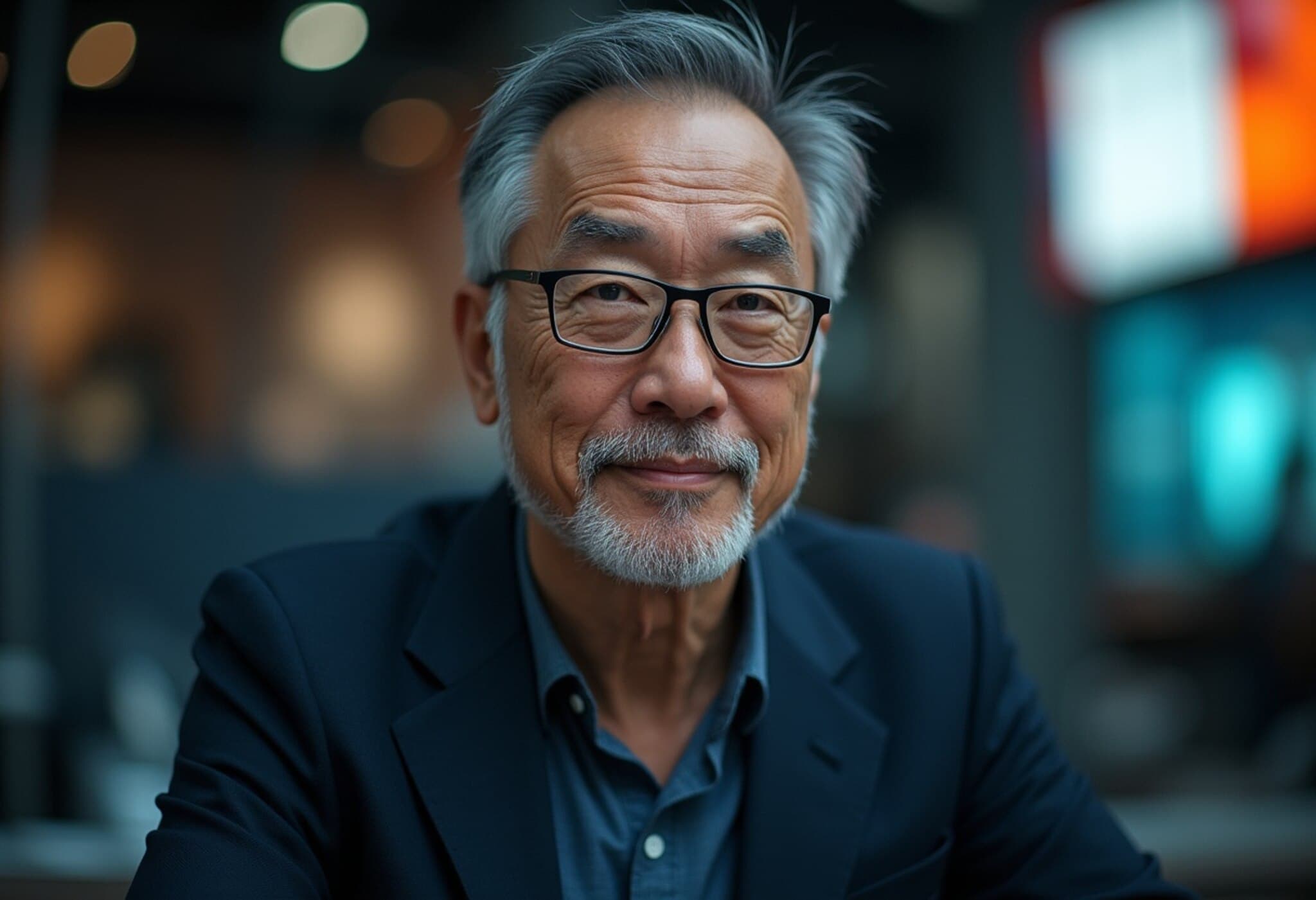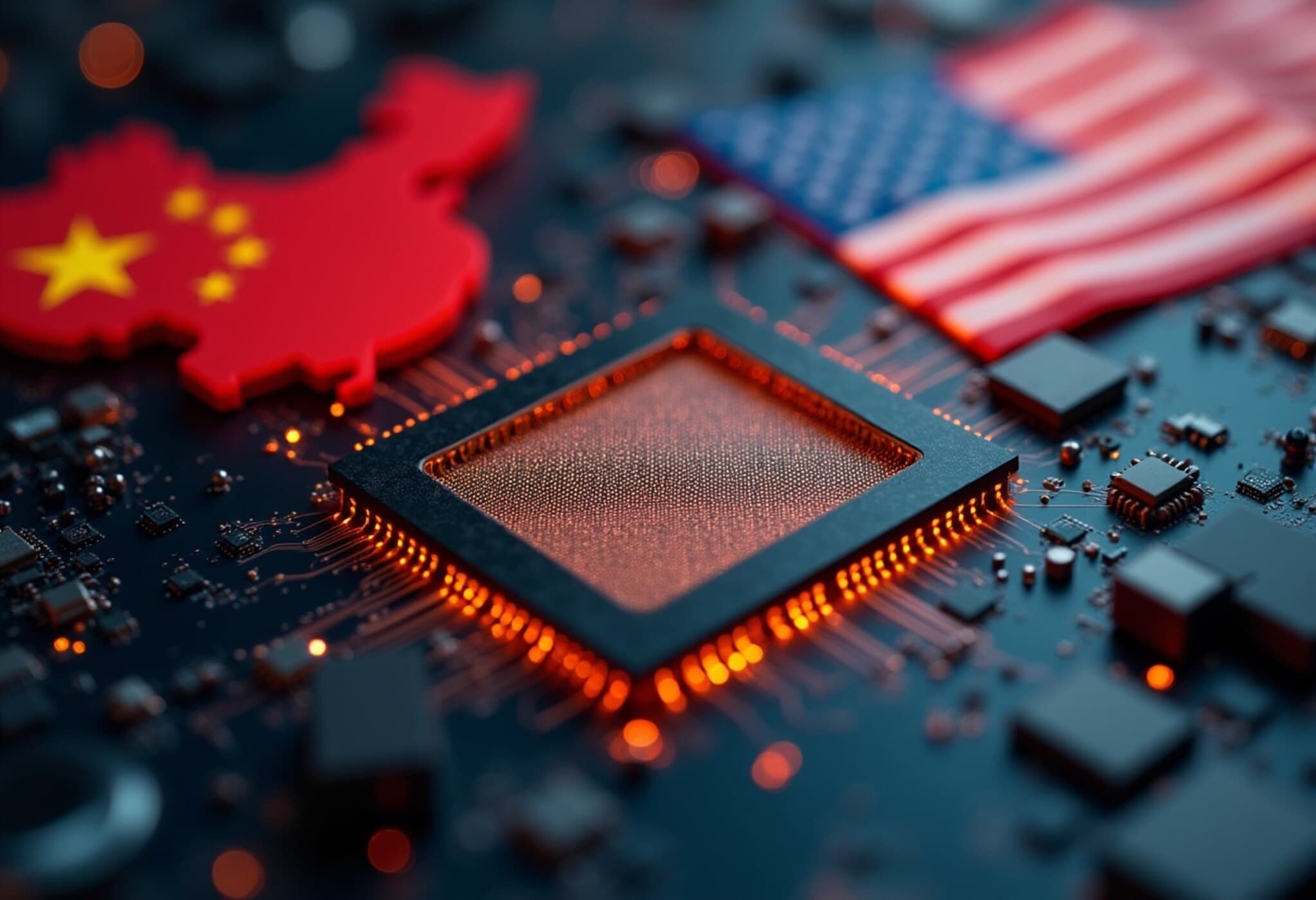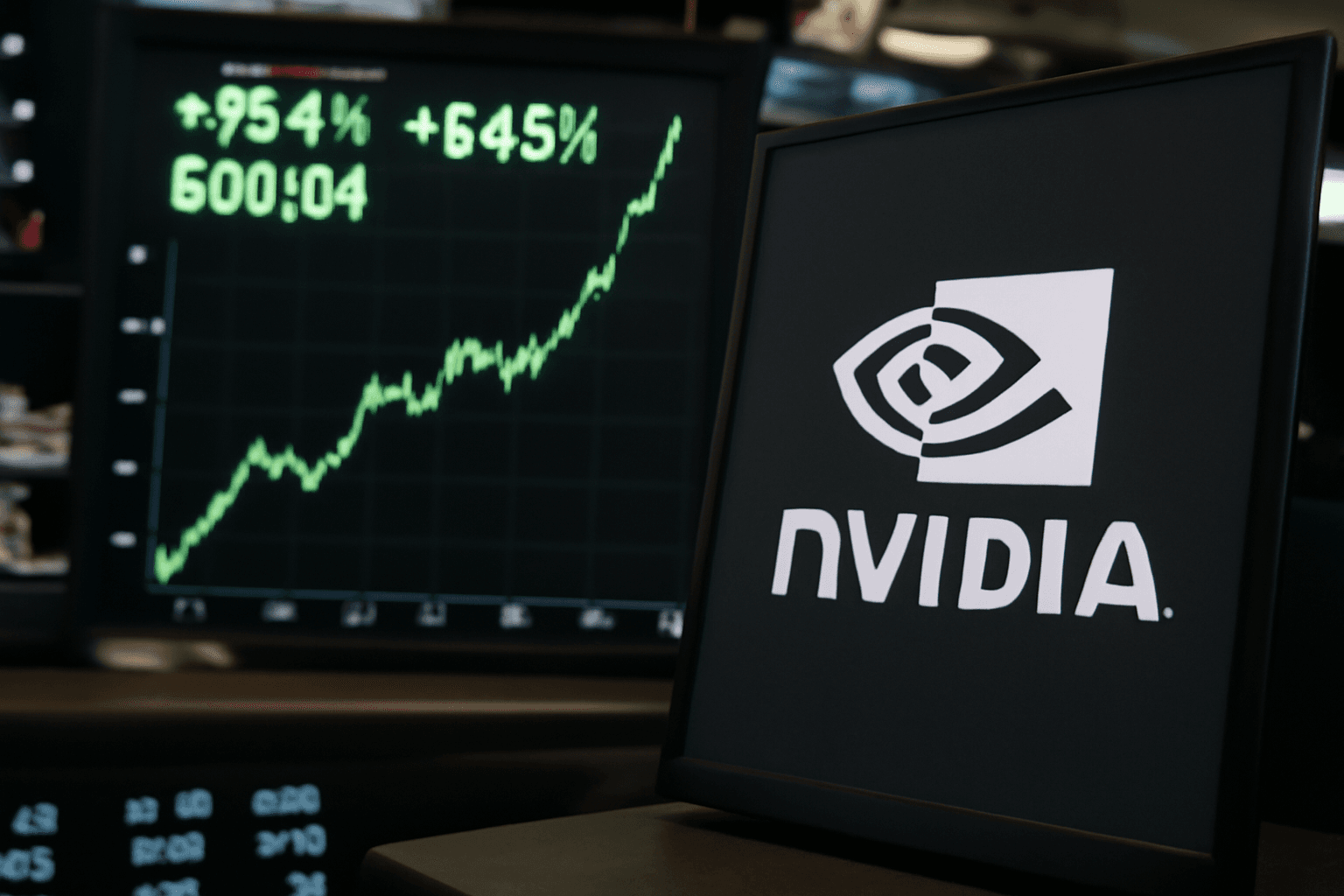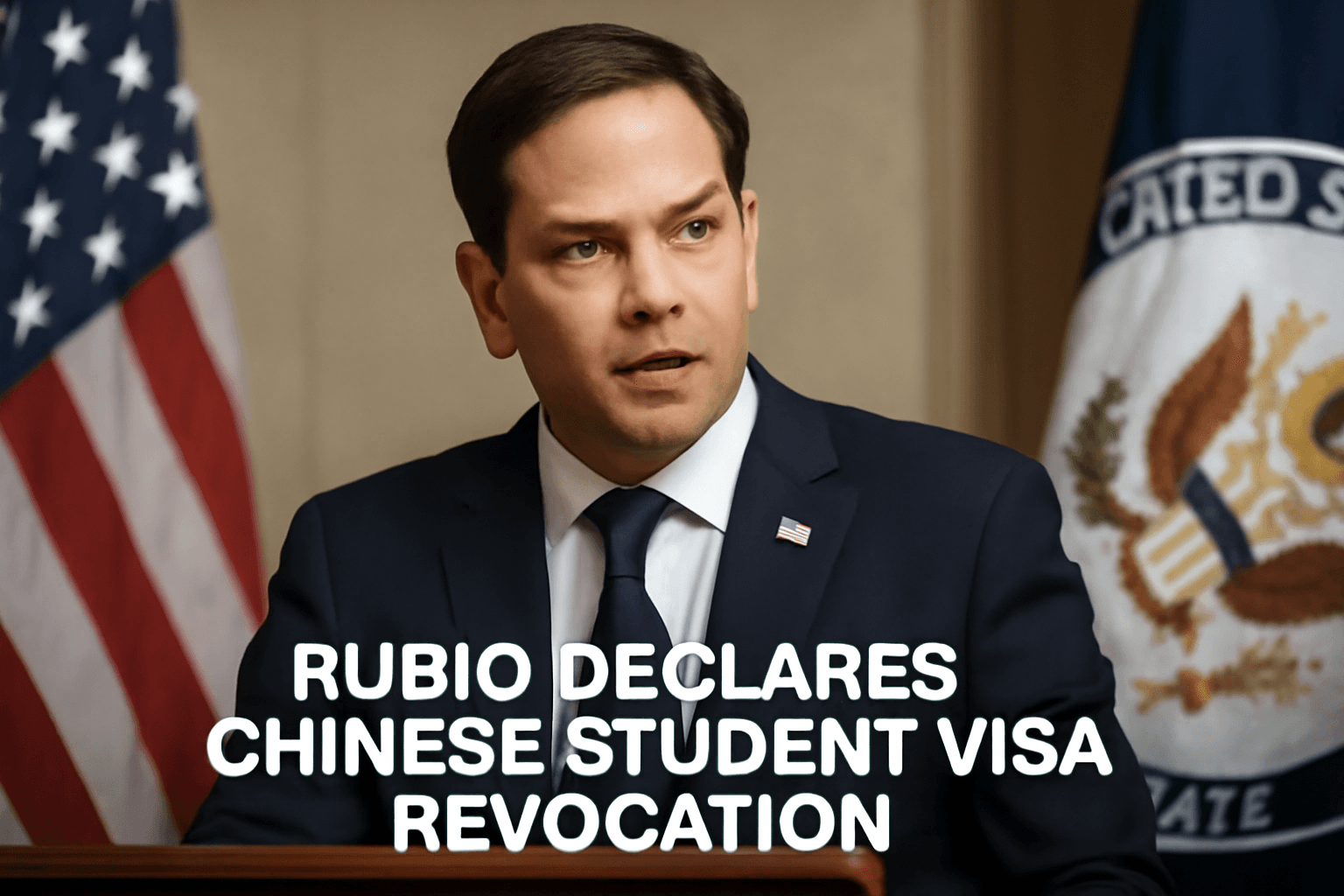Nvidia's CEO Jensen Huang expressed frustration over U.S. export controls that have severely limited the company’s ability to sell AI chips in China, resulting in significant revenue losses. During the fiscal first-quarter earnings call, Huang revealed that Nvidia forfeited approximately $2.5 billion of potential sales due to restrictions on the H20 processor, a product designed to comply with U.S. export regulations.
Despite these challenges, Nvidia reported a robust 69% year-over-year revenue increase, reaching $44 billion—surpassing analysts’ expectations. The company’s stock rose about 4% in after-hours trading, marking a continuation of a strong rally following a difficult start to 2025. Nvidia’s market capitalization has surged by nearly 240% in 2023 and over 170% last year.
Huang emphasized that the U.S. government’s decision, finalized in April, to require export licenses for the H20 chip effectively closed the $50 billion China market to Nvidia and other U.S. firms. This led to a multibillion-dollar inventory write-off totaling $4.5 billion. Furthermore, Nvidia anticipates scrapping around $8 billion in planned H20 orders in the current quarter, which impacts revenue guidance projected at $45 billion—about 18% lower than it would have been without the export restrictions.
Huang criticized the assumption underlying U.S. policy that China lacks the capability to develop advanced AI chips, calling it outdated. He warned that China will continue advancing AI technology independently through domestic efforts and partnerships with companies like Huawei, regardless of U.S. chip availability.
While openly challenging the export controls, Huang refrained from direct criticism of political leaders, acknowledging the former Trump administration’s role in repealing an “AI diffusion” rule that would have imposed AI chip quotas globally. He also praised initiatives fostering high-tech manufacturing in the U.S. and Nvidia’s ongoing development of cutting-edge chips on American soil.
Addressing questions about creating new China-specific products or anticipating regulatory relief, Huang acknowledged no current alternative chip exists to replace the H20 for the China market, highlighting the stringent nature of existing controls. He expressed trust in President Biden’s vision and strategy to manage the issue moving forward.

